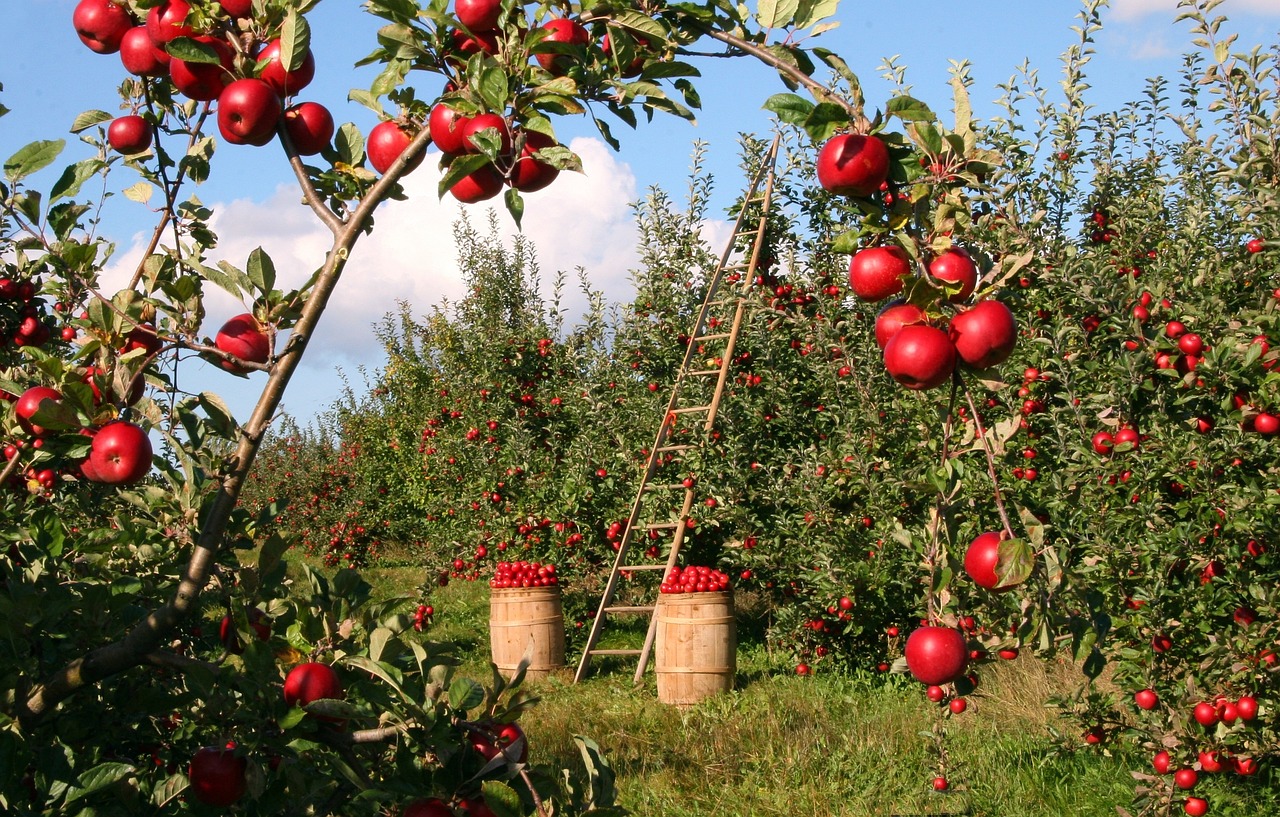When there is a prolonged heatwave, it can have a big impact on how well crops grow in India. Here are the implications:
Table of contents [Show]
Less Water
During a heatwave, there is often not enough water for the crops to grow properly. When there's not enough water, the plants can become weak and struggle to take in nutrients from the soil. This can make them grow slower and produce fewer crops.
Poor Growth
Heat waves make the weather really hot, and plants don't like extreme heat. Just like we get tired and exhausted in the hot sun, plants can also become stressed. They can't make food properly through photosynthesis, which is their way of eating and growing. This can lead to poor growth and lower crop yields.
Trouble with Pollination
When it's too hot, it can be difficult for plants to get pollinated. Pollination is when pollen from one part of a flower reaches another part and helps create seeds. This process is essential for plants to produce fruits and vegetables. But during a heatwave, the high temperatures can affect the way pollen moves, making it harder for crops to be pollinated and produce healthy fruits.
More Pests and Diseases
Heat waves can attract more pests and diseases that harm crops. The hot weather can create a perfect environment for insects and diseases to thrive. These pests and diseases can damage the plants and make them less healthy, leading to lower crop yields.
Changes in Farming
Farmers might have to make changes to their usual farming practices during a heatwave. They might need to choose different types of crops that can handle the heat better. But this can limit the variety of crops grown and affect the overall farming system.
Economic Impact
When crops don't grow well, farmers can lose money because they can't sell as much. This can lead to lower incomes for farmers and also affect food prices for consumers. It can also make it harder for everyone to have enough food to eat.
To tackle these problems, farmers and scientists are working on ways to cope with heat waves, such as using more efficient irrigation methods, developing heat-tolerant crop varieties, and finding ways to protect crops from pests and diseases. By finding solutions, we can help ensure that agriculture in India remains strong even during prolonged heat waves.








